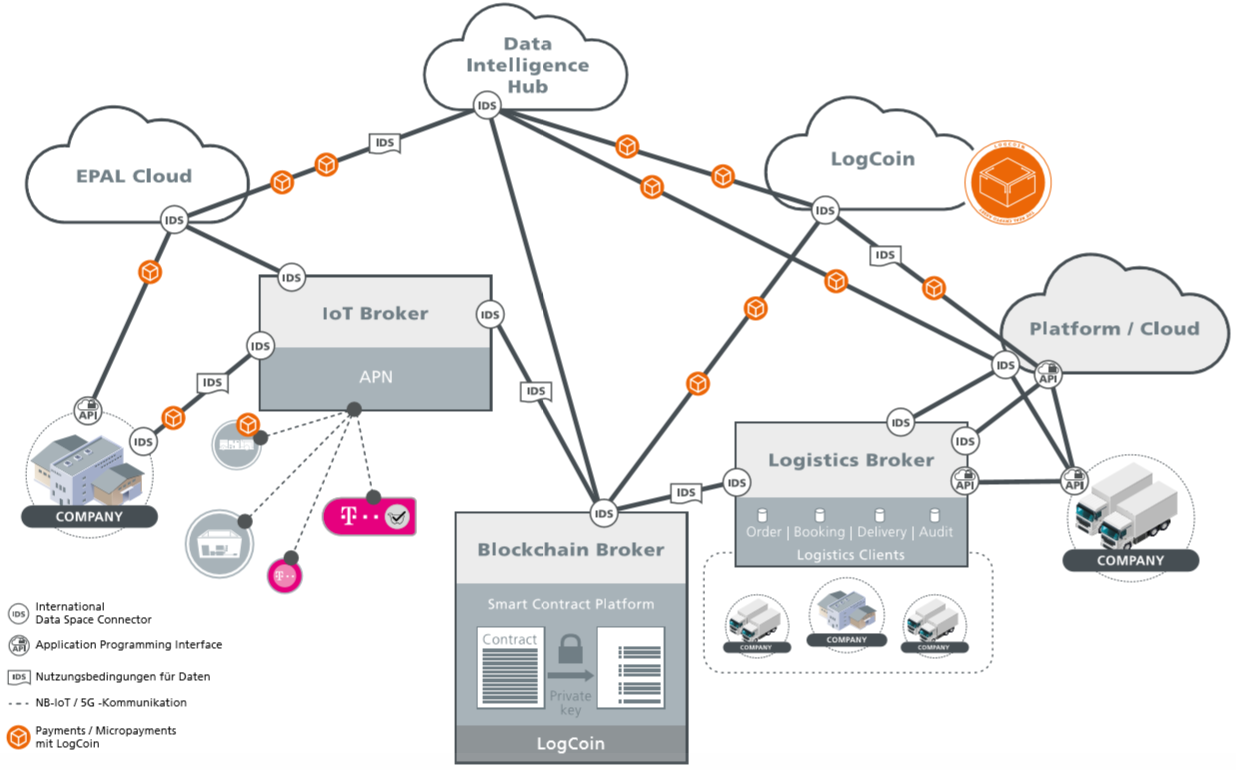Companies are facing numerous new challenges today. In view of the latest developments, both in technology and the economy, existing company structures are undergoing an extensive transformation process. Digitization, automation, individualization and decentralization are driving new demands that must be met decisively. The digital transformation of processes, products and business models is becoming more immediate and leading to developments such as the platform economy. The platform economy is defined by trilateral markets in which a platform operator serves as the intermediary between market players allowing them to work together directly without specialized agents. As intermediaries for economic and social activities, platforms offer a whole new business opportunity in which growth and size are more important than short-term profitability. In addition, existing business structures are loosening. Compartmentalization and the division of labor are increasing with industry 4.0 and its decentralized systems. This is leading to a tremendous increase in cooperation and coordination, a multiplication of the participants and an increasing decentralization of company infrastructures. There is great demand for scalability and the adaptation of information networks to decentralized structures, but traditional ERP systems only offer limited tools for these scenarios.
A new demand is developing for individualization, the on-demand delivery of products and services and hybrid products. These combinations of physical products with digital services are influencing business models, production chains and supply chains. Since data are becoming the focal point of business, their role is changing from a process result and product enabler to a discrete asset. Data themselves have become a separate product often not even referring to a physical object anymore. This leads to far-reaching changes in the handling, maintenance and exchange of data that require special treatment.
These new developments are accompanied by increasingly shorter business cycles, so that companies have to reduce their response times. The growing uncertainty, volatility, complexity and ambiguity of processes is becoming increasing challenging especially in logistics. Global requirements are less stable today and change more quickly since disruptions accumulate. The complexity of modern logistics systems and global supply networks makes forecasting more difficult and leads to less deterministic work flows.
 International Data Spaces
International Data Spaces